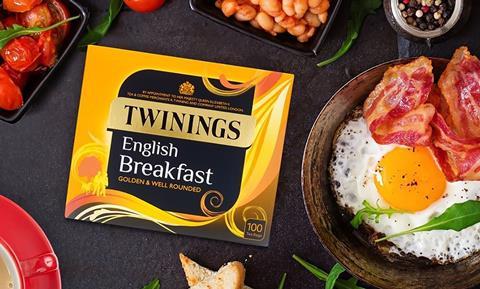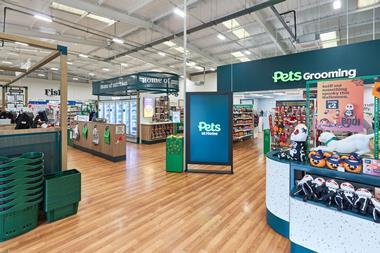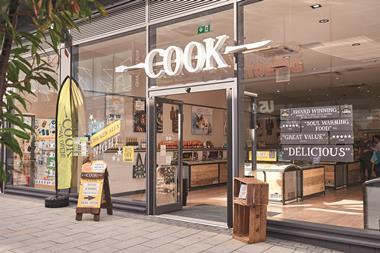
Investors were divided this week about the potential for Associated British Foods to break up the group with a separation of Primark and the food business.
ABF revealed, alongside posting annual results, that it had been conducting a review into a possible demerger to maximise long-term shareholder value.
No decision has been made on a split, but CEO George Weston pointed out the “unique and exceptional” food business had historically been less well understood by the financial markets than Primark, with most analysts focusing on the discount retailer in their coverage of the stock.
“Yet [the food operation] has a highly attractive portfolio, deep global expertise and much potential,” he added.
Shares in ABF fell by more than 3% on Tuesday as markets focused more on weak Primark like-for-likes and tumbling profitability than the separation proposal.
Warren Ackerman of Barclays said there was broad agreement in the City of the “pretty compelling” logic in splitting Primark from the rest of AB Foods, given “very different operating models and a lack of meaningful synergies” between the two sides of the group.
But he highlighted a debate between hedge funds and long-term investors, with the former questioning the timing of the announcement alongside “lacklustre trading” and, more broadly, in the context of food and ingredients valuations of peers being under pressure and at multi-year lows.
“Announcing a possible split shortly before the UK budget and also in the teeth of weak consumer sentiment was also viewed by some as a little odd, with the comment in some quarters that the decision could and perhaps should have come earlier or at least at a time when they had better trading to report,” Ackerman added.
The Barclays analyst is a fan of ABF transforming into two pure play companies and moving the foods operation, made up of grocery, sugar and ingredients, out of the shadows.
“ABF does have a very good and increasingly value add-ingredients business, it also has one of the most cost-efficient sugar businesses globally with a growth story in African sugar and a grocery business where we have long argued that its Ovaltine/Twinings is a jewel which benchmarks well against the very best food assets around,” he said.
“The problem has been there are also businesses within foods which are of less good quality, such as agriculture, Australia grocery, UK bread, and Spanish sugar, which seem to have tarred the entire non-Primark businesses. Even the bad part of foods are finally being addressed with actions being taken across the three big problem areas of Spanish sugar, UK bread and Vivergo, which together had been losing around £100m.”
ABF shares have recovered most of the losses as the week progressed and are currently trading up by more than 10% in the year to date. But while the stock is 36% higher over the past five years, the growth in value lags behind fashion rival Next, which is up 136% in the same timeframe.
“That sort of underperformance must have caused considerable frustration to Primark’s owner,” argued Dan Coatsworth, head of markets at AJ Bell.
“The board now seems to have finally woken up to the fact it might benefit from splitting into two, as the component parts appeal to different types of investors. Primark might even command a much higher valuation as a standalone listed entity.
“[A break-up is] all the rage at present, with the likes of Unilever, Kraft Heinz and Warner Bros Discovery among those in the process of undertaking a demerger.
“The idea of ‘slimming to greatness’ is based on the principle that big companies might benefit from having a tighter focus rather than spinning three or four plates at the same time.”



















No comments yet